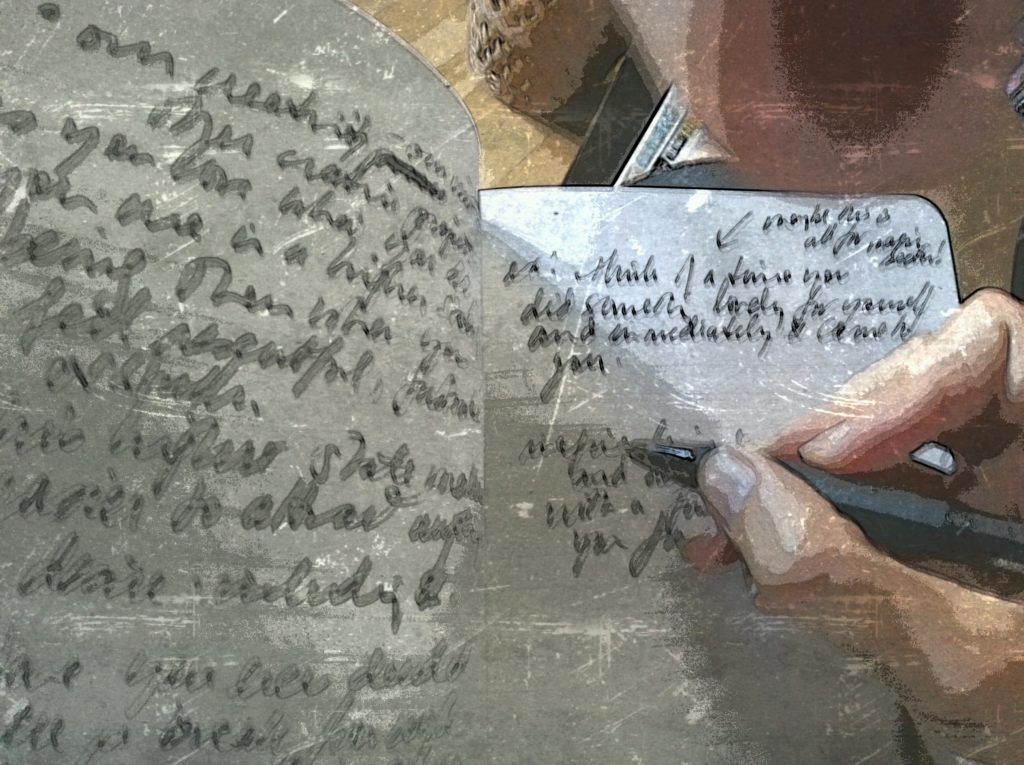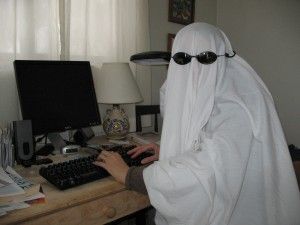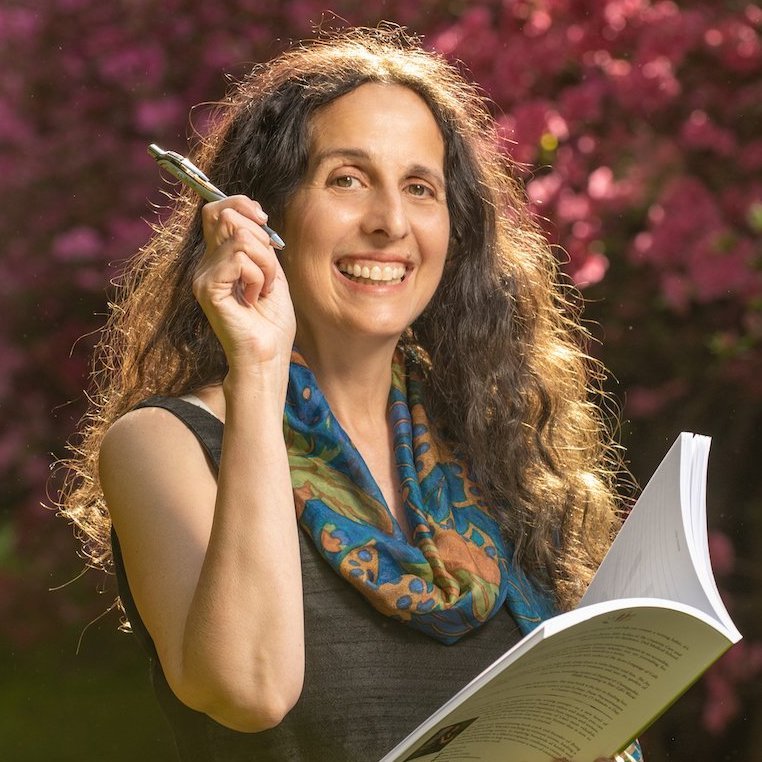In light of the latest plagiarism scandal, is it possible to plagiarize without realizing it? And can you protect yourself?
Yes, and yes! And you owe it to yourself, your readers, your publisher and everyone whose work you’ve read, admired, or been influenced by, to prevent plagiarizing.
Be Original
This may seem obvious, but one of the best ways to avoid plagiarism is to think creatively. For example, when writing a blog post or article, first write from your own experience, heart and mind. After you get your ideas on paper (or screen) you can do additional research to fill in the blanks, of course, crediting / quoting your sources and references whenever you use them.
Take accurate notes of anything you read and immediately attribute the information.
One easy way to accidentally plagiarize is to take notes that aren’t clearly attributed. When you return to your notes later, you may think you wrote it when it’s actually from someone else, whether a direct quote or a paraphrased version.

As soon as you take notes, be very clear about where the information came from and credit that person. Keep your quotes and attributions together in your notes. If using a direct quote, remember to put it in quotation marks right away rather than figure out later whether or not you wrote down a direct quote. Note the source and page number in your rough notes so that when you put it in your book or article, you can recheck whether it should be placed in quotation marks or just attributed.
If you’re writing something for online consumption, include a link to the original article where you received the information.
Don’t just do this with reading material. If you’re listening to a podcast or watching a video, take the same accurate notes with quotation marks and attribution.
Not sure whether you should include a reference? When in doubt, include and give credit!
Use Anti-plagiarism (or plagiarism-checker) Software
Teachers and professors have been using plagiarism-checking software for years now. Many versions are free for a small amount of text and paid for a larger work.
Run your articles, blog posts and chapters through this software to ensure you haven’t plagiarized. Many people have done the research for us on which software to use. Here are some articles that compare and make recommendations.
Tech Radar’s Best plagiarism checkers of 2023
Scribbr’s 12 Best Free Plagiarism Checkers in 2022 | Tested & Reviewed
Beebom’s 12 Best AI Plagiarism Checkers to Detect ChatGPT-Generated Content
Note that I didn’t read those articles and copy the information they shared. When writing on the web and someone else’s material is comprehensive, you can send people to the source and avoid accidental plagiarism!
Avoiding Plagiarizing When Hiring a Ghostwriter
Ensure your contract with a ghostwriter says they will deliver original material and attest they own the copyright (they wrote it!).

And then, run a plagiarism checker after you get the first chapter from your writer.
If your writer is interviewing you for the book’s material, make sure you give them enough to go on. Provide stories and examples from your own life. The more outside research they need, the more they will rely on sources other than you. Make sure they attribute the information they get to the appropriate source. That includes data, images, stories, educational content, definitions, etc.
Additional Uses for Anti-Plagiarism Checkers
I once participated in a book launch tour, interviewing an author in writing. Her tour manager replaced my questions (which would be interesting to my readers/community) and replaced them with his and then sent me back her written answers.

I do not print duplicate content on my website and because of that and my relevant content, many of my posts and web pages rank high in Google searches. I don’t want to mess with that! So, I used a plagiarism checker to see if she’d used those answers on her website or in other interviews. She had.
I contacted the author and explained the need for original answers. She wasn’t plagiarizing at all – these were her words, but I needed to make sure they were original to our interview. So I cut out the duplicate content and asked her where the original material was missing. The result was a fresh interview with someone with lots of valuable advice for authors.
You can also use this software to see if someone plagiarizes your work!
Your Turn
Have you used plagiarism checkers? What’s your experience? Which one(s) do you recommend?


